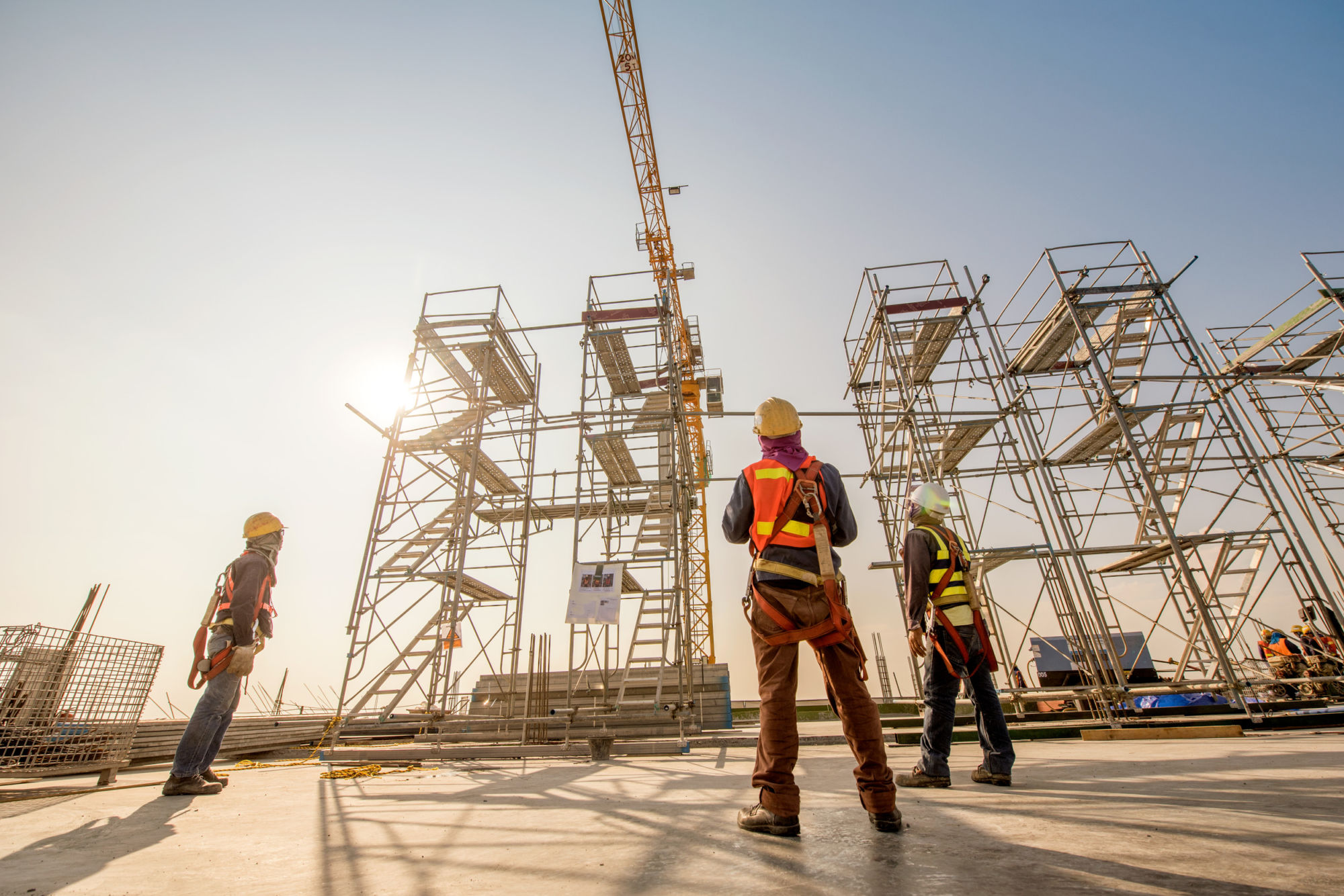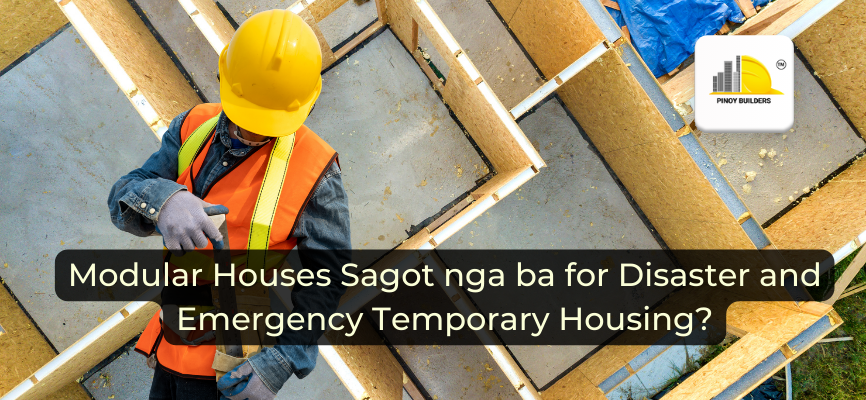From the month of March up until May, it is considered as a dry season in the Philippines. According to PAGASA, May is the country’s warmest month of the year. Temperature during this time goes up to 28 degrees in Celsius.
Taking this into account, construction projects – no matter the size or complexity, may encounter difficulties during this time. Fast setting, lower strength, and cracking are more likely to occur when concrete is exposed to temperature higher than 32 °C. All of these can be avoided by recognizing the causes, implementing proper precautionary measures, and being prepared.
Placing, finishing, and curing concrete require utmost care and attention. Hot weather concreting, after all, is not that simple. With this in mind, the following must be kept in mind to allow proper concrete during hot weather:
- Manpower
Having enough people to manage while concrete is being poured can help with the finishing process.
- Aggregates
Use of a large size and amount of coarse aggregate particles can help minimize probability of concrete shrinkage.
- Time
Avoid placing concrete at noon if possible. According to experts, avoid pouring between 10AM to 2PM.
- Transport
Discuss with the supplier the appropriate delivery temperature. Suppliers may help cool down on orders and stockpile as needed.
- Control joints
Seek help with an engineer or designer to maximize and implement proper placement of joint.
- Sunshade, windbreaks, and evaporation retarders
These can be of great help in reducing exposure to hot temperatures and slow down water evaporation.
- Liquid nitrogen or ice
Use this to cool the concrete and lessen the effect of the heat.
- Batching and mixing
Consider batching and mixing at the job site plant. This can help control with the concrete’s consistency.
- Equipment
Keep all necessary equipment out of the blazing sun. If possible, store and put them under a roof and spray some water regularly.
- Finishing and curing
Don’t rush on finishing the concrete. Begin after there’s no more water on its surface. Afterwards, follow the proper curing method to set concrete correctly.
It is your responsibility, as part of the construction industry, to be well informed of factors that can affect the results of the structures you’re building. More so when it can affect it negatively and cause harm. With the advancement of Holcim’s hot weather concrete technology, relevant information is within reach.
Every Pinoy Builder will agree that every construction project must be done right the first time. It doesn’t make sense to push through with wrong procedures and risk wasting efforts. Apart from the time and money spent, your reputation as a builder is on the line. Whether a horizontal or a vertical project, big or small, it is our duty to implement or exceed quality standards for every Filipino.
![]()










